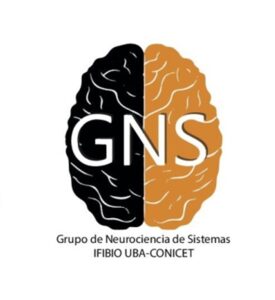Adolescence is a gradual period of transition from childhood to adulthood. In this stage, subjects exhibit characteristic behaviors, such as increases in social interactions, novelty-seeking and risk-taking behaviors. In previous work of our lab, we found age-related differences in the performance of a self-paced rewarded task. Briefly, rats needed to withhold an action sequence for 2.5 s in order to obtain a reward. These experiments showed that adolescents are less tolerant to long waiting times and more prone to do premature actions, although they can achieve the same reward rate as adults. Thus, the aim of this project is to fully characterize how female and male rats of both age groups learn the rewarded task. We will evaluate if the prevalence of the impulsive actions correlates with other behavioral markers like locomotor activity, memory formation or decision making in the spontaneous exploration of a multiple-regions arena. Here we show pilot experiments of rats trained in the self-paced task and three other behavioral paradigms (open field, Y-maze and multivariate maze). Our preliminary results suggest that adolescent rats display more premature responses in the rewarded task, but this impulsivity is not related to increases in their locomotor activity or deficits in memory formation.

Menu
E-poster
Session: 4
PS4-10 | Differences in impulsivity among adolescent and adult rats in a self-paced rewarded task
Micaela Betsabe Marini
Laboratorio de Fisiología de Circuitos Neuronales, Grupo Neurociencia de Sistemas, IFIBIO-Houssay, Facultad de Medicina, Universidad de Buenos Aires-CONICET
- Paraguay 2155,
- Argentina
- Micaela Betsabe Marini1
- , Cecilia Martinez2
- 1. Laboratorio de Fisiología de Circuitos Neuronales, Grupo Neurociencia de Sistemas, IFIBIO-Houssay, Facultad de Medicina, Universidad de Buenos Aires-CONICET
- 2. Dto. Fisiología y Biología Molecular y Celular, FCEN, UBA.
